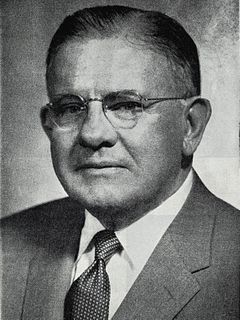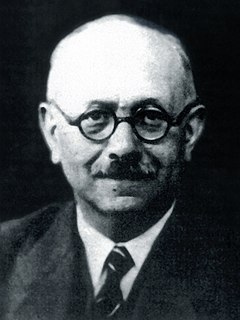A Quote by Henry D. Moyle
Our decisions, once executed, can never be erased. This is because such selections introduce a new series of conditions setting in motion events which cannot later be recalled.
Related Quotes
Confusion conditions activity, which conditions consciousness, which conditions embodied personality, which conditions sensory experiences, which conditions impact, which conditions mood, which conditions craving, which conditions clinging, which conditions becoming, which conditions birth, which conditions aging and death.
If we decide rightly what to do, or use a correct procedure for making such decisions, that has to be because the decisions or the procedure rest on good reasons, and these reasons consist in the apprehension of truths about what we ought to do. Because these truths must constitute reasons for our decisions, and because in the rational order, reasons must always precede the decisions based on them, the truth conditions of claims about what we ought to cannot be reduced to, or constructed out of, decisions about what to do, or procedures for making such decisions.
Back in the late '90s, a writer named Daniel Handler decided that kids books were too cheerful. I mean, all the "Harry Potter" series did was occasionally kill off major characters. Thus was born "A Series Of Unfortunate Events" and its mysterious author, Lemony Snicket. "A Series Of Unfortunate Events" is now a great new series on Netflix.
Where does a story truly begin? In life, there are seldom clear-cut beginnings, those moments when we can, in looking back, say that everything started. Yet there are moments when fate intersects with our daily lives, setting in motion a sequence of events whose outcome we could never have foreseen.
Whatever is in motion must be put in motion by another. If that by which it is put in motion be itself put in motion, then this also must needs be put in motion by another, and that by another again. But this cannot go on to infinity, because then there would be no first mover, and, consequently, no other mover; seeing that subsequent movers move only inasmuch as they are put in motion by the first mover; as the staff moves only because it is put in motion by the hand. Therefore it is necessary to arrive at a first mover, put in motion by no other; and this everyone understands to be God.
Books are faithful repositories, which may be awhile neglected or forgotten; but when they are opened again, will again impart their instruction: memory, once interrupted, is not to be recalled. Written learning is a fixed luminary, which, after the cloud that had hidden it has passed away, is again bright in its proper station. Tradition is but a meteor, which, if once it falls, cannot be rekindled.
Quantum physics presents a new and exciting worldview that challenges old concepts, such as deterministic trajectories of motion and causal continuity. If initial conditions do not forever determine an object's motion, if instead, every time we observe, there is a new beginning, then the world is creative at the base level.































